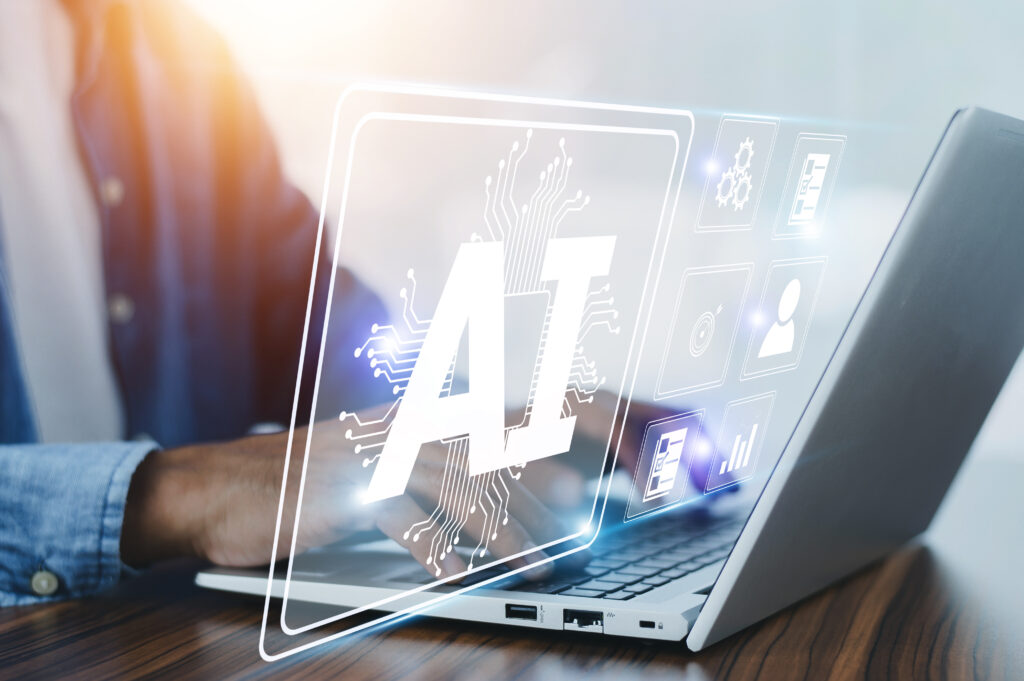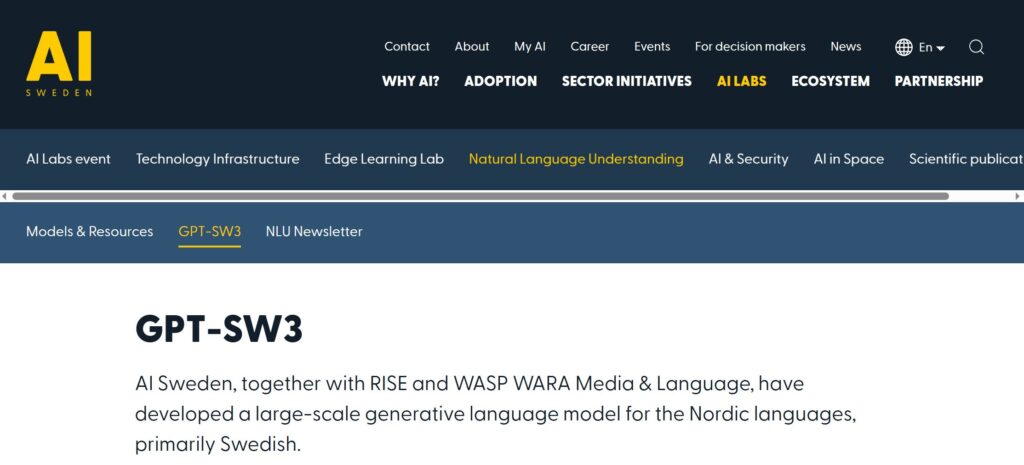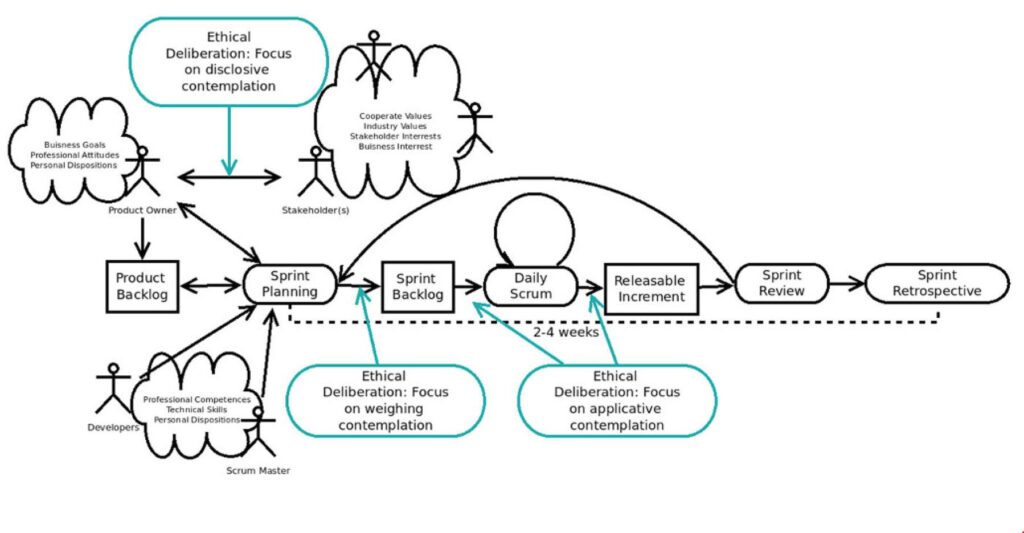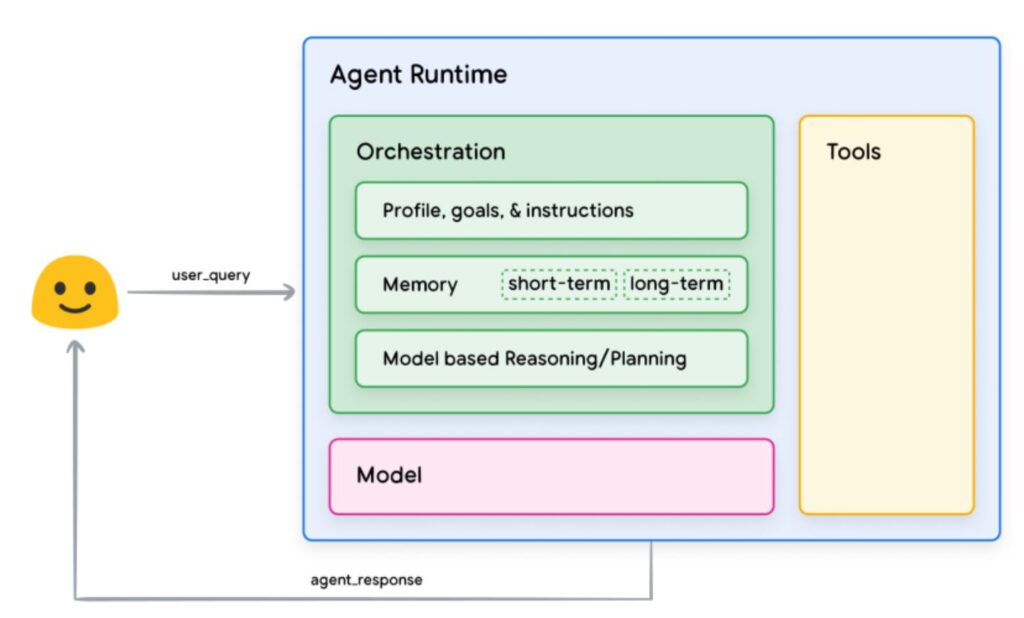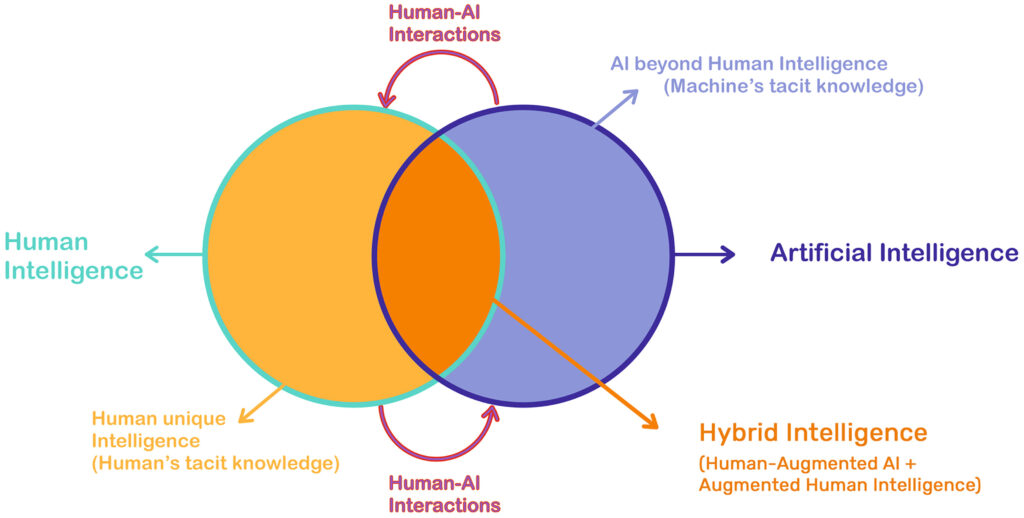
Mass Customization ist ein Oxymoron, das von Davis verwendet, und das vor über 30 Jahren von B. Joseph Pine als hybride Wettbewerbsstrategie bekannt gemacht wurde. Siehe dazu auch Freund, R. (2009): Kundenindividuelle Massenproduktion (Mass Customization). RKW Kompetenzzentrum, Faktenblatt 5/2009.
In der Zwischenzeit hat sich viel bei den technischen Möglichkeiten bei der Herstellung von Produkten und Dienstleistungen getan, sodass Mass Customization in einem neuen Licht gesehen werden kann. Unter anderem sind die Kosten zur Herstellung von Produkten und Dienstleistungen drastisch gesunken (Additive Manufacturing – 3D-Druck, Maker-Bewegung, Robotics etc.). Weiterhin bietet Künstliche Intelligenz mit Large Language Models (LLM) und KI-Agenten ganz neue Möglichkeiten, Mass Customization umzusetzen. Frank Piller hat das in einem Interview an einem Beispiel sehr gut dargestellt:
“An algorithm reading your Instagram profile might know better than you do about your dream shirt or dress. I see opportunity to use the data out there for what I call smart
customization” Piller, Frank T. and Euchner, James, Mass Customization in the Age of AI (June 07, 2024). Research-Technology Management, volume 67, issue 4, 2024 [10.1080/08956308.2024.2350919], Available at SSRN: https://ssrn.com/abstract=4887846.
Frank Piller geht dabei immer noch von der Perspektive eines Unternehmens aus, das die neuen KI-Technologien nutzt, um mass customized products herzustellen. Ich stelle mir dabei allerdings die Frage, ob es nicht für jeden Einzelnen in Zukunft möglich sein wird, mit Hilfe von KI-Agenten viele der alltäglichen Probleme selbst, und/oder zusammen mit anderen in Communities, zu lösen.
Benötigen wir in Zukunft also für alle benötigten Produkte und Dienstleistungen noch Unternehmen?
Immerhin hat ein Unternehmen dann seine Berechtigung, wenn es geringere Transaktionskosten hat. Diese Marktberechtigung gerät durch die neuen technischen Möglichkeiten ins Wanken. Die Technologien, mit denen Unternehmen immer geringere Transaktionskosten generieren, und der User immer mehr selbst machen soll/kann, führt zu einer Art Reflexiven Innovation. Diese schlägt auf die Unternehmen zurück. Siehe dazu beispielsweise aus meinen Veröffentlichungen:
Freund, R.; Chatzopoulos, C.; Lalic, D. (2011): Reflexive Open Innovation in Central Europe. 4th International Conference for Entrepreneurship, Innovation, and Regional Development (ICEIRD 2011), 05.-07. May, Ohrid, Macedonia.
Immerhin stellen wir alle in unserem Alltag fest, dass die die von den Unternehmen angebotenen Produkte und Dienstleistungen oft nicht den eigenen Anforderungen entsprechen.
Siehe dazu Von Democratizing Innovation zu Free Innovation oder auch Megatrend: Mass Personalization.




